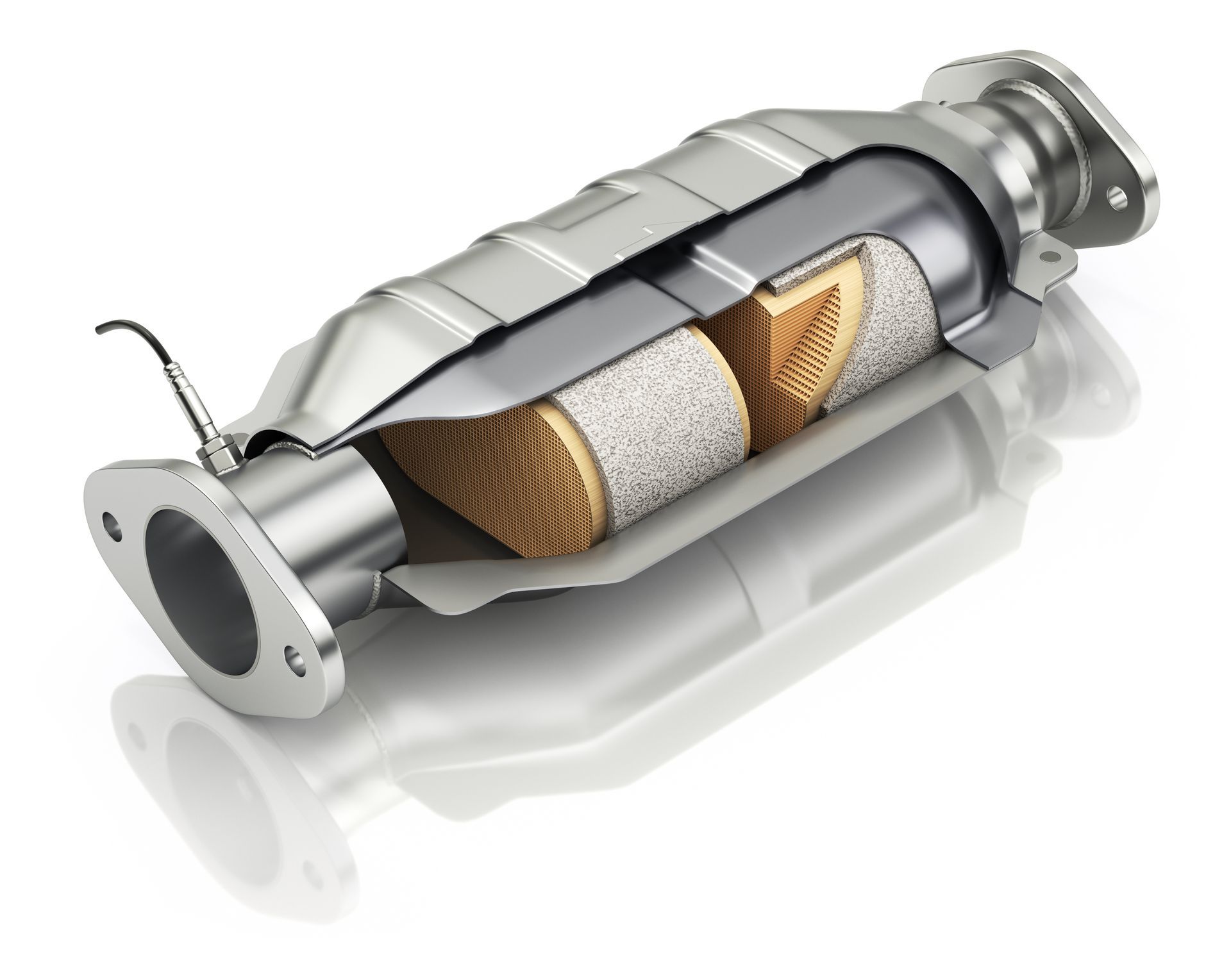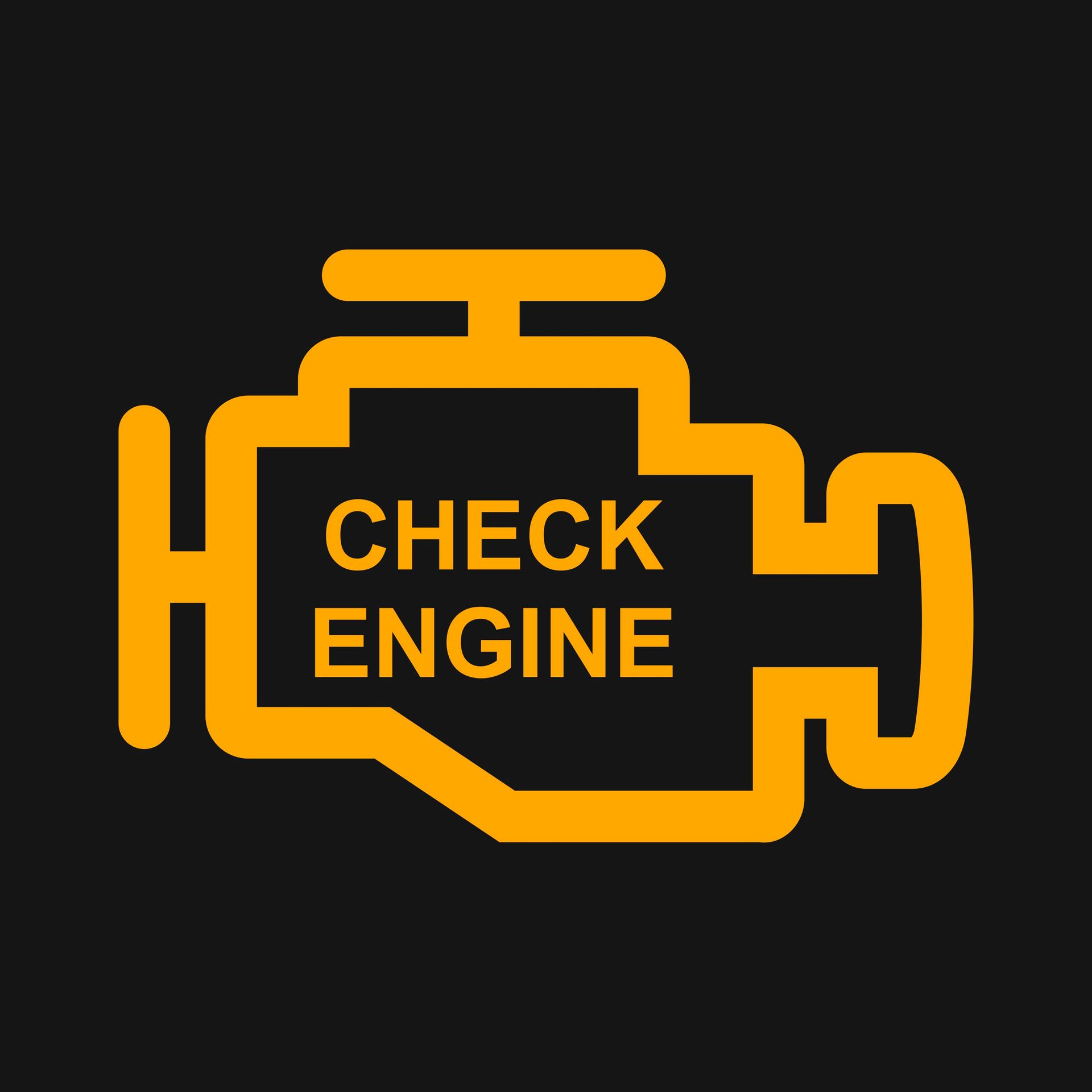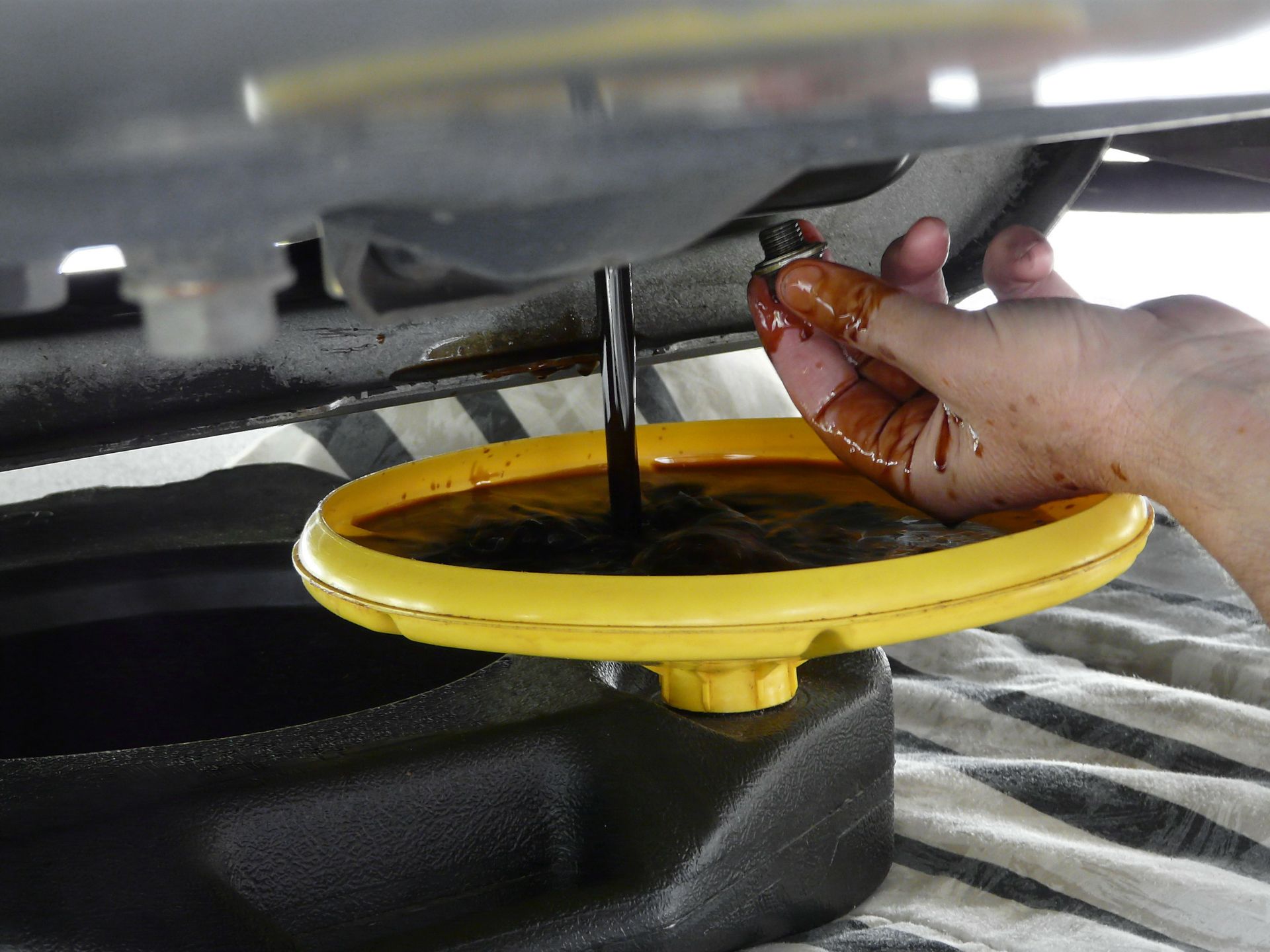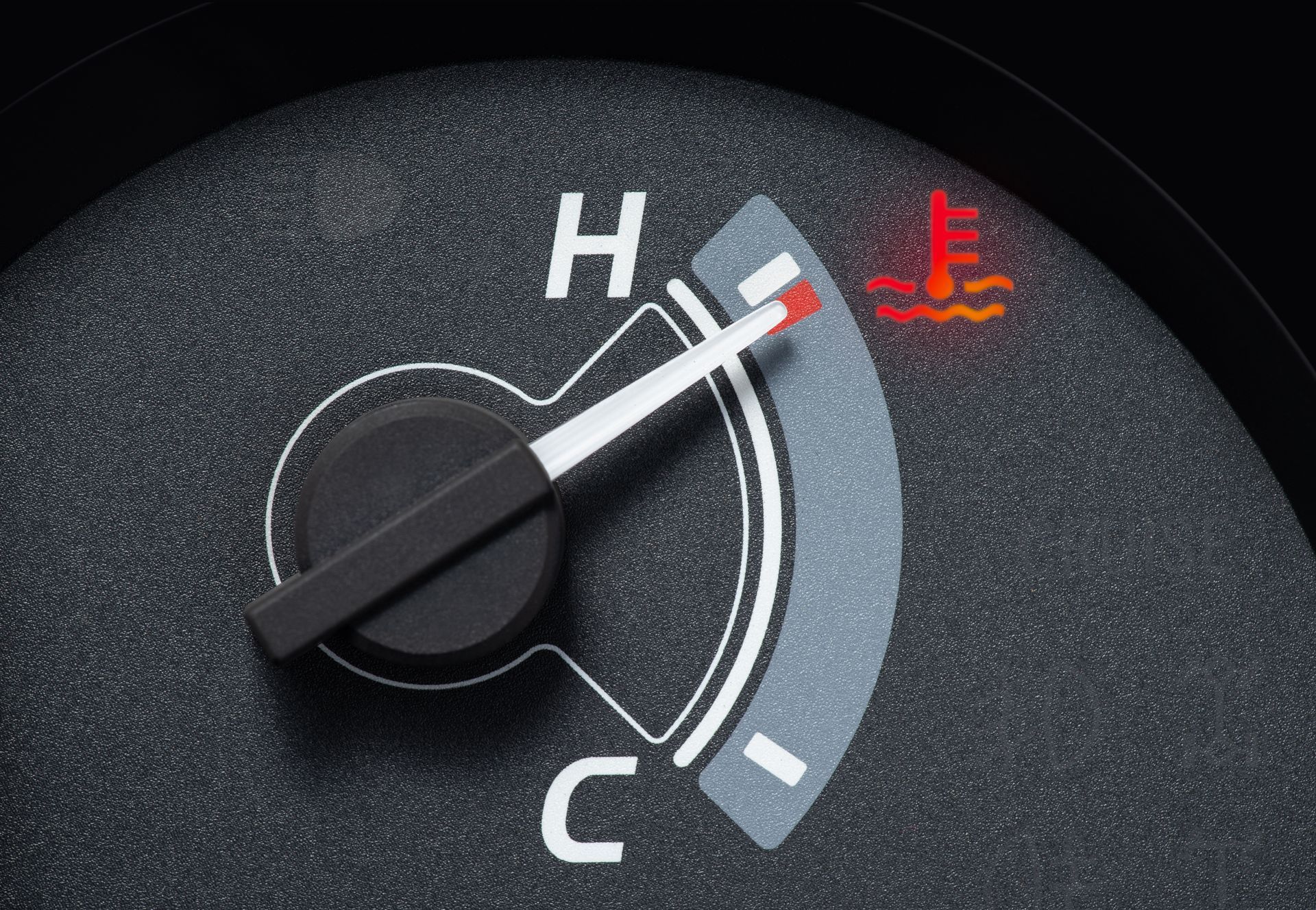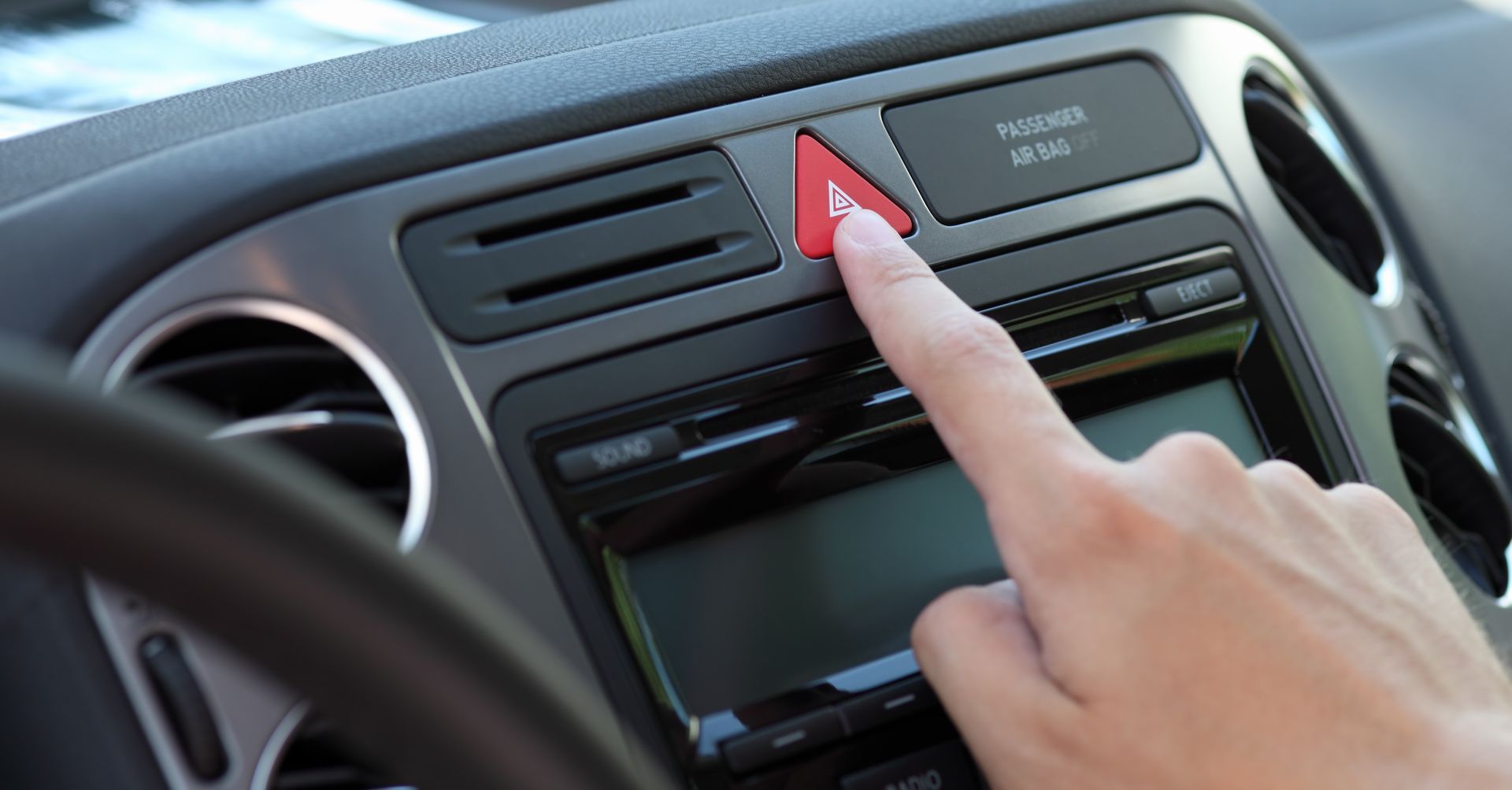Loading ...
Missing business hours data / Error occurred while getting the data.
Loading ...
Missing business hours data / Error occurred while getting the data.
What Are the Warning Signs of a Bad Alternator?
January 31, 2025
A bad alternator can turn your daily drive into a series of unexpected challenges. While it’s a crucial part of your car’s electrical system, it often goes unnoticed—until it starts to fail. So how can you tell if your alternator is going bad before it leaves you stranded? Let’s explore the key warning signs you should never ignore and why taking quick action can save you from bigger headaches.
Dimming or Flickering Lights
One of the earliest signs of alternator trouble is dim or flickering headlights. Your alternator is responsible for supplying power to your car’s electrical components, including lights. When it begins to fail, it struggles to maintain consistent power, causing your headlights to lose brightness or flicker. This issue often becomes more noticeable at night or when you’re running other electrical systems like the air conditioning or radio.
Dead Battery or Frequent Jump-Starts
While a bad alternator doesn’t directly kill your battery, it can lead to frequent battery failures. If the alternator isn’t charging the battery properly, you might find yourself needing jump-starts more often than usual. A good way to determine whether the battery or alternator is at fault is to have your charging system tested. If your battery is fairly new and still going dead, the alternator may be the real problem.
Warning Lights on the Dashboard
Most modern vehicles are equipped with a warning light to indicate electrical issues. Look out for the battery-shaped warning light on your dashboard, but keep in mind that this light doesn’t always mean your battery is the issue—it often points to a problem with the alternator. Some cars may also display other warning lights when the alternator starts to fail, so don’t overlook any illuminated indicators on your dash.
Strange Noises Under the Hood
A failing alternator can cause unusual sounds to come from under the hood. If you hear grinding, whining, or rattling noises, it could indicate worn-out bearings or other internal alternator issues. These noises often start subtly but can grow louder over time. Ignoring them could result in more extensive damage to your vehicle’s electrical system.
Electrical Failures Throughout the Car
When the alternator begins to fail, other electrical components in your car may start acting up. Power windows might move sluggishly, dashboard lights may dim, or your radio might cut out intermittently. These small inconveniences are often the early warning signs of a bigger alternator problem.
Trouble Starting the Engine
A weak or failing alternator may not provide enough charge to your battery, making it harder for the engine to start. If your car takes longer than usual to turn over or makes clicking sounds when you turn the key, it’s time to consider whether the alternator is at fault.
Burning Smell or Hot Components
If you notice a burning smell while driving, it could be linked to a bad alternator. An overworked alternator can overheat, causing the wires or belts connected to it to emit a burning odor. This smell often signals severe wear or a failing component, so don’t ignore it.
Why Prompt Action Is Crucial
Ignoring alternator issues can lead to a chain reaction of failures in your car’s electrical system. A bad alternator can drain your battery, damage other electrical components, and even leave you stranded. Catching the warning signs early can save you time, money, and a lot of frustration down the road.
How to Address Alternator Problems
If you’re experiencing any of these signs, it’s essential to have your car inspected by professionals. They can test your alternator, battery, and electrical system to pinpoint the issue and recommend the right solution. Regular maintenance is key to avoiding these problems in the first place, so don’t wait until you’re stuck on the side of the road to take action.
Concerned about your alternator? Trust
PRO-CAT Auto Care & Repair in Toms River, NJ, to diagnose and fix the problem. Book your visit today for professional care and peace of mind!
Contact Us
Loading ...
Missing business hours data / Error occurred while getting the data.
Quick links
Loading ...
Missing nap lines data / Error occured while getting the data.



